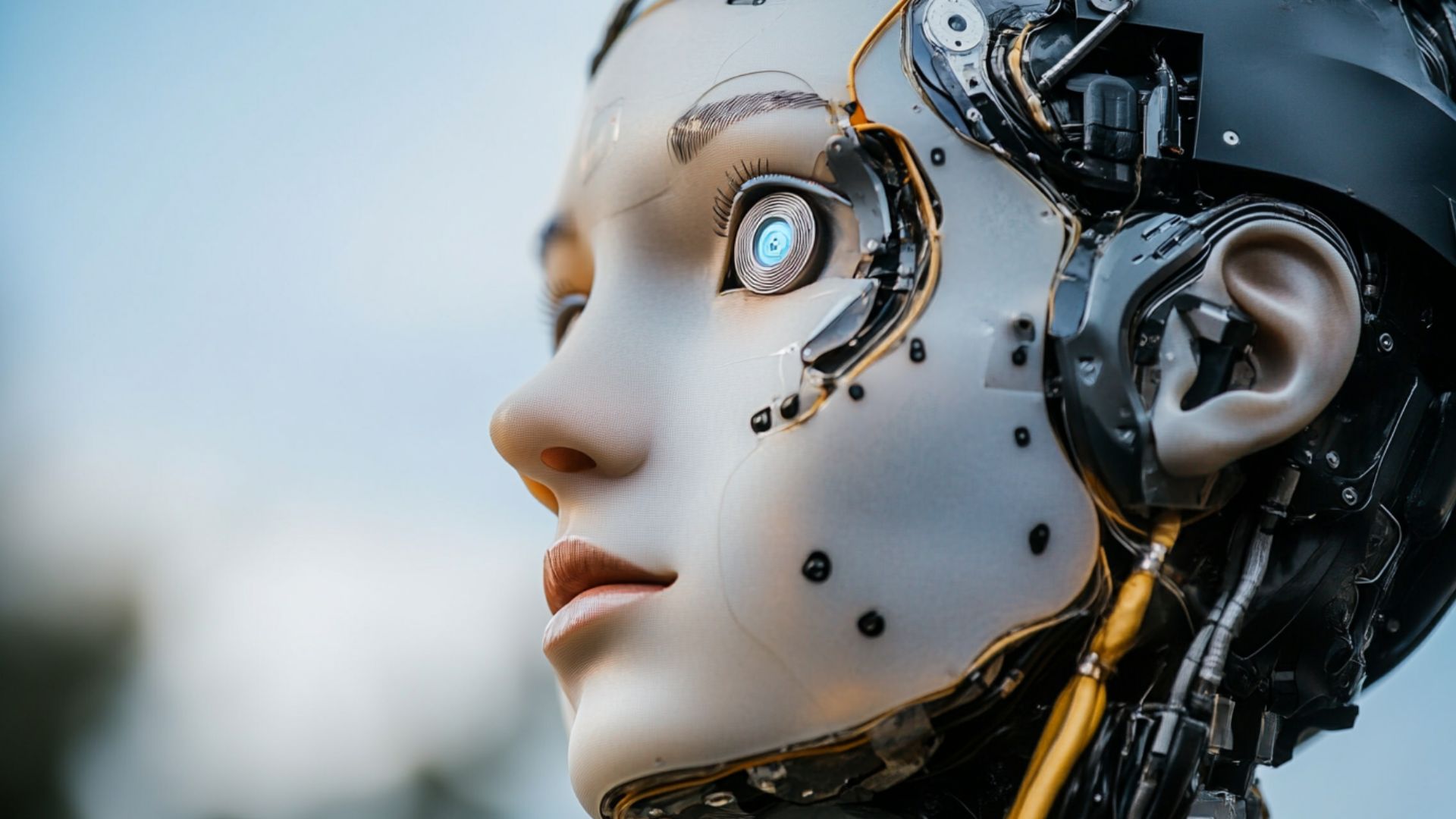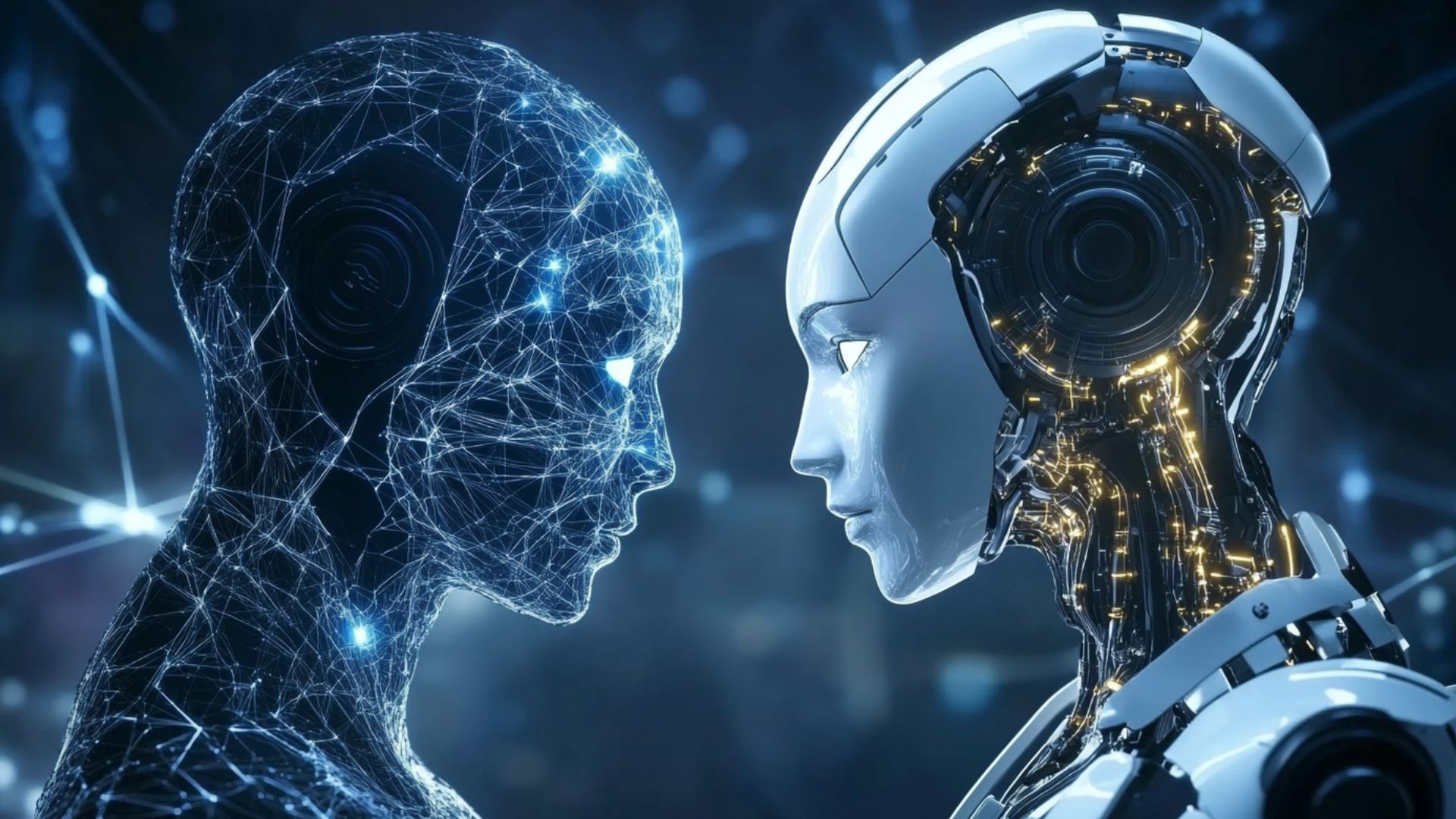Exploring the Future of AI Companions: Emotional Support and Human Connection

AI has rapidly evolved from a theoretical concept to a tangible reality. It reshapes various aspects of human life. One of the most intriguing applications of AI lies in its potential to provide:
- Companionship
- Emotional support
- A sense of connection
Now, technology advances, so AI companions are emerging as innovative tools to address the growing issue of loneliness and mental health challenges. These AI systems interact and engage with humans on an emotional level. They offer an opportunity to alleviate feelings of isolation and provide support.
Current emotional support AIs and techs range from simple chatbots to smart web helpers. They're capable of recognizing emotions, adapting to individual preferences, and offering personalized interactions. These tools are still in their nascent stages. However, they hold the promise of revolutionizing the way we connect with technology and each other.
The Growing Demand for AI Companions in Modern Society
The rapid pace of urbanization and tech advancement has led to an increase in social isolation and loneliness. As people become more connected to digital devices and less to human interaction, the demand for AI companions has surged. These digital entities are designed to provide emotional support and companionship. They offer a unique solution to the growing problem of loneliness.
AI companions address unmet needs by offering a constant source of support, understanding, and companionship. They can listen to concerns, offer advice, and provide encouragement, all without judgment or bias. Unlike human relationships, AI companions are always available to offer support and help.
It is important to note that AI companions are not intended to replace human relationships. Instead, they can supplement human connections by providing additional support and companionship. By understanding and responding to our emotions, AI helps us feel more connected and less alone.
Key Features and Capabilities of AI Companions
AI companions are equipped with advanced emotional intelligence and conversational capabilities. They can recognize and respond to human emotions, such as sadness, anger, and joy. This allows for more personalized and empathetic interactions.
Some key features of AI companions include:
- Personalized Interaction. AI companions can adapt to individual preferences and tailor their responses accordingly.
- Empathetic Responses. These digital entities can provide empathetic responses to human emotions. They offer comfort and understanding.
- Active Listening. AI companions can actively listen to human concerns and provide thoughtful feedback.
- Proactive Support. They can proactively offer support and encouragement, even when not explicitly requested.
Popular AI Companionship Platforms and Their Applications
Several popular artificial companionship platforms have emerged in recent years. Each offers unique features and benefits:
- Replika. Replika is a popular AI companion app that allows users to create a personalized AI friend. Users can chat with their Replika about anything, from daily life to deep emotions. Replika can also provide support and encouragement, helping users to feel less alone.
- Woebot. Woebot is an AI therapist that uses cognitive-behavioral therapy techniques to help users manage anxiety, stress, and depression. It provides guided exercises and personalized advice and helps users to develop coping strategies and improve their mental well-being.
These platforms show the potential of digital companionship to provide emotional support. They help individuals to feel more connected and less alone in the digital age. As AI technology continues to advance, we can expect to see even more sophisticated and effective AI companions emerge in the future.
Emotional Benefits and Psychological Impacts of AI Companions

The rise of AI companions has sparked interest in their potential psychological benefits. One of the most significant advantages is the reduction of loneliness. By providing constant companionship and understanding, AI companions can alleviate feelings of isolation, especially for individuals living alone or in remote areas.
Stress relief is another notable benefit. AIs for emotional support can offer calming conversations, mindfulness exercises, and stress-reduction techniques. Additionally, they can provide emotional support by actively listening and offering empathy. In therapeutic contexts, AI companions can supplement traditional therapy. It provides additional support and encouragement.
Studies have shown that virtual companionship can have a positive impact on mental health. For example, research has indicated that interacting with AI companions can reduce signs of depression and anxiety. Experts believe that personalized attention and emotional support can contribute to improved mental well-being.
Addressing the Limitations of Human Connection with AI
AI companions can offer companionship in situations where human interaction may be limited. For instance, in elderly care, AI can show great results in human and AI relationships. Bots can provide companionship and help and reduce feelings of loneliness and isolation. In remote locations, where access to social interaction may be limited, AI can offer a sense of connection and support.
However, it is important to recognize the limitations of AI companionship. AI companions can provide emotional support. However, they cannot replace the complexity and depth of human relationships. Human interaction is essential for social and emotional development and AI companions should be viewed as a supplement, not a replacement.
Potential Downsides and Concerns of Relying on AI Companions
While AI companions offer numerous benefits, it is crucial to consider the potential downsides. One concern is the risk of emotional dependence. Over Reliance on AI companions may lead to diminished social skills and a reduced capacity for human connection.
Another concern is the potential for social withdrawal. Individuals can spend more time interacting with AI companions. So, they may withdraw from real-world social interactions, leading to further isolation.
Ethical considerations also arise when exploring human-AI emotional relationships. Questions about the nature of these relationships and the potential for manipulation or exploitation need to be addressed. It's essential to establish guidelines and regulations to ensure ethical and responsible development and use of emotional support AI.
AI companions offer a promising avenue for addressing loneliness and providing emotional support. However, it is crucial to maintain a balanced approach and recognize the limitations of AI. By understanding the potential benefits and drawbacks, we can harness the power of AI companionship. And we will enhance human well-being without compromising genuine human connection.
Technological Advancements in AI Companions
Recent advancements in AI have paved the way for more sophisticated and nuanced emotional support from AI as a companion. Advanced language models, such as GPT-4, enable AI to engage in more natural and relevant conversations. These models can understand and respond to complex emotions. They provide empathetic and tailored support.
Sentiment analysis is a technique used to identify and extract subjective information from text. It further enhances AI companions' ability to recognize and respond to human emotions. By analyzing language patterns and tone, AI can accurately gauge users' emotional states. And it can offer appropriate support.
The Role of Machine Learning in Enhancing AI Companions
ML plays a vital role in enhancing AI's conversational quality and emotional intelligence to make a positive impact on AI on human relationships. By analyzing vast amounts of data, machine learning models can identify patterns in human language and behavior. This enables AI companions to adapt their responses in real-time. It provides a more personalized and engaging experience.
Some common machine learning techniques used in AI companionship include:
- Natural Language Processing (NLP). NLP allows AI to understand and interpret human language. It enables more natural and fluid conversations.
- Reinforcement Learning. This technique enables AI companions to learn from their interactions with users. It improves their responses over time.
- Neural Networks. Neural networks can process complex information and make accurate predictions. It allows AI companions to recognize and respond to subtle emotional cues.
So, ML is a powerful tool that can significantly enhance the capabilities of AI companions. By using NLP, reinforcement learning, and neural networks, AI can become more empathetic, understanding, and responsive. This progress has the potential to revolutionize human-AI interactions. It can foster deeper connections and positive emotional experiences.
Future Prospects of AI Companions in Everyday Life
The future of AI companionship technology in human connection holds immense potential. Technology continues to advance, so we can expect AI companions to become increasingly integrated into our daily lives. One exciting possibility is the integration of AI companions into virtual reality. It creates immersive and interactive experiences.
Artificial companionship solutions may become more deeply integrated into the Internet of Things. By connecting to various devices and sensors, AI can monitor our environments providing personalized recommendations. AI could suggest calming music to reduce stress or recommend a healthy meal based on dietary preferences.
As AI companions become more sophisticated and accessible, they are likely to become more socially accepted. People recognize the benefits of AI companionship, such as reduced loneliness and improved mental health. So they may be more willing to embrace these AI companions.
As a result, the future of AI companionship is bright. With ongoing tech advancements and increased social acceptance, AI has the potential to change the way we interact with tech and each other.
Ethical and Societal Implications of AI Companions

The increasing reliance on AI companions raises significant ethical and societal implications. These digital entities become more sophisticated. So, concerns arise about:
- The potential for emotional dependence
- The blurring of lines between human and machine relationships
Privacy and data security are major concerns. While AI companions offer benefits, they also often collect and analyze personal info to provide tailored support. This raises questions about the protection of sensitive data and the potential for misuse. Also, there are concerns about:
- The impact of AI companions on social interactions
- The development of genuine human relationships
Another consideration is the potential for digital companionship to manipulate individuals. Malicious actors could use AI to:
- Spread misinformation
- Promote harmful ideologies
- Exploit vulnerabilities
As a result, the rise of AI companions presents a complex interplay of pros and risks. These AI companions offer companionship and support. However, they also raise significant ethical and societal concerns. It is vital to address issues such as emotional dependence, privacy, and the potential for manipulation. For this, we must foster responsible development and usage. Then, we can harness the positive aspects of AI companionship while mitigating its potential negative impacts.
Conclusion: The Path Forward for AI Companions in Supporting Human Connection
AI companions have emerged as a powerful tool to address the growing issue of loneliness and emotional isolation. By providing personalized support, empathy, and companionship, AI can significantly enhance human well-being. However, it is crucial to strike a balance between human and AI interactions.
So, can technology replace human connection? While AI can offer valuable support, it is essential to prioritize genuine human connection. AI companions should be viewed as a supplement, not a replacement, for meaningful human relationships. We must understand the limitations of AI and the importance of human interaction. Then, we can harness the power of AI to foster emotional well-being. And it’s without compromising our humanity.
The future of AI companionship technology continues to evolve. We can expect to see even more innovative and sophisticated AI companions. By addressing ethical concerns and promoting responsible development, we can ensure that AI only benefits humanity. The future of AI companionship holds immense potential. And by navigating this path with wisdom and care, we can create a bright future, where AI enhances human connection and promotes emotional well-being.
However, the successful implementation of AI as a companion requires knowledge and experience. So, for this, reliable AI providers like Newo emerge. Our AI tools are here to revolutionize your workflow.
Experience the pros of our AI companionship:
- 24/7 Support. Always available to listen and offer comfort, day or night.
- Personalized Interaction. Tailored conversations to your unique needs and preferences.
- Reduced Stress and Anxiety. Alleviate emotional burdens and promote mental well-being.
- Enhanced Social Skills. Practice communication and build relationships in a safe, supportive environment.
So, don't face life's challenges alone. Embrace the power of AI companionship and improve your overall quality of life. Learn more and start your journey towards greater emotional well-being.


